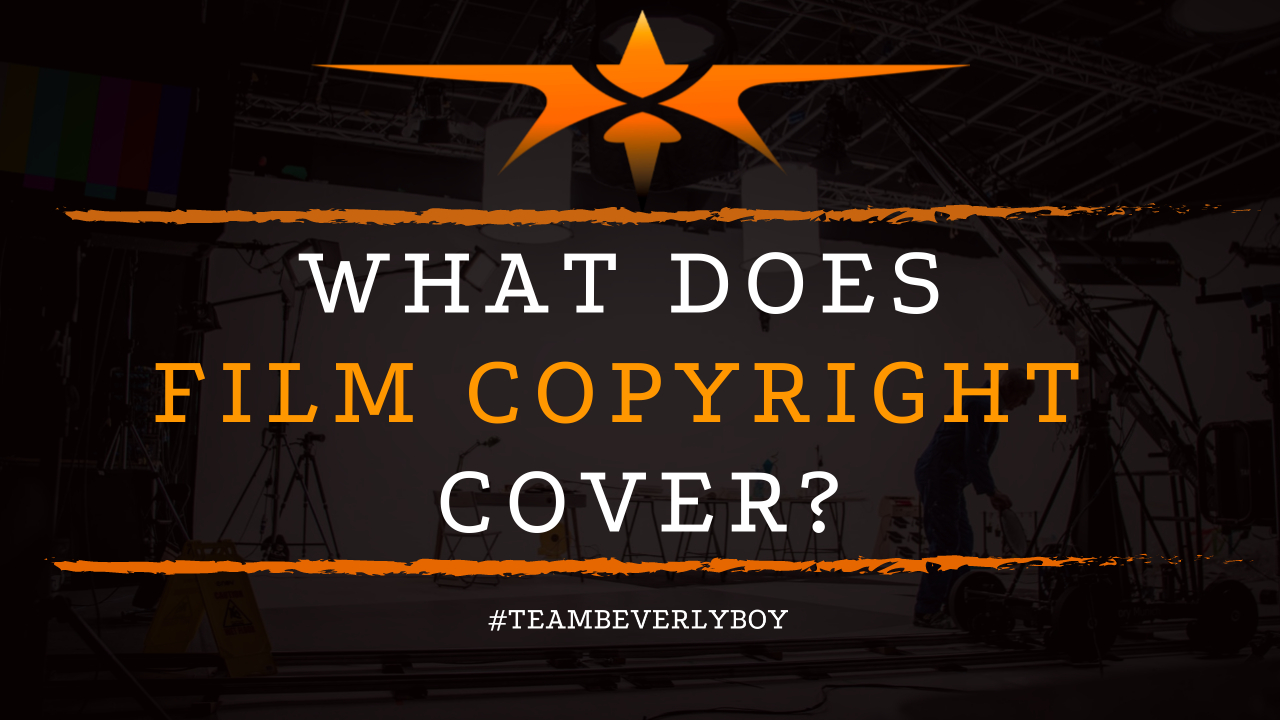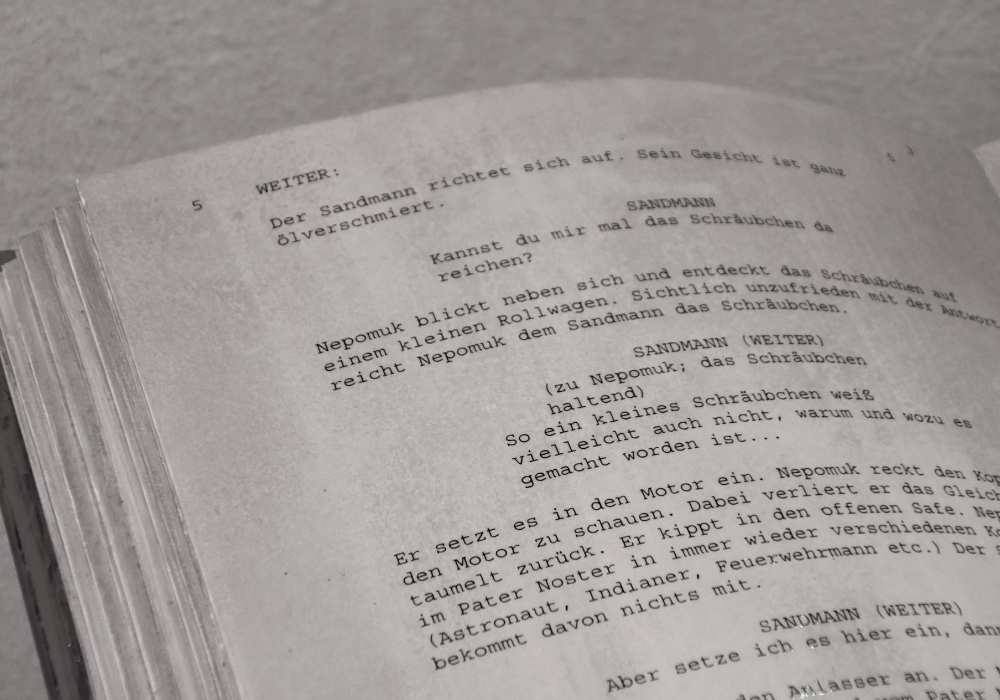
What Does Film Copyright Cover?
The digital age has brought forth a rise in the number and frequency of films that are created by producers all over the world, but it’s also created a more volatile market where copyright infringement occurs more frequently than ever before. Film copyrights provide unique protections for those who create motion pictures but in order for full protection to be imposed the filmmaker must apply for U.S. copyright protection. You’re probably wondering, “What does film copyright cover?”

And, more importantly, how can I protect my film?
Copyright Protections for Film
It’s pretty common for filmmakers to ask about copyright protections and the coverages that might be provided to them based on film copyright law.
As a filmmaker, it’s very important for you to understand what film copyright does and does not cover. Copyright protections for film can only be engaged when the work has been created and “fixed” into a copy.
This means, if you have an idea for a film, that you have not yet formed into a script or screenplay. It is NOT protected by copyright law! Likewise, if you come up with a concept, characters, or various other elements of a film.
But again have not created a written screenplay or otherwise produced footage of the creative work then there are no protections available under copyright law.
Written or Treated
Thus in order for a filmmaker to protect their work under copyright protections. The film must be in the form of a written screenplay or treatment.
And/or in order for it to be considered a copyright protected motion picture. It must be in the form of a “fixed” motion picture copy that can be submitted, for viewing, to the U.S. Copyright Office.
What Does Film Copyright Cover?
Once you’ve produced a film, and applied for copyright protections from the U.S. Copyright Office. You’ll probably want to know what’s actually going to be covered.
Copyright laws protect filmmakers in the following manners:
- Films that are copyright protected cannot be screened or otherwise shared in public without consent from the copyright holder.
- The material within a film. Such as its characters, name or likeness. It may not be reproduced or otherwise used without consent from the copyright holder.
- Footage, dialogue, and sounds must not be recreated, reproduced, or otherwise reused in other film projects or otherwise without permission from the copyright holder.
- The film cannot be reproduced or sold without permission from the copyright holder.
Protections
As a filmmaker, your best protection against the reproduction, recreation, or unauthorized use of your creative work lies within standard Copyright protections.
And, you might be surprised to know that. As soon as you have a tangible “fixed” copy of the work, as a motion picture, it is copyright protected.
Registering the copyright is all you have to do. In order to stake a claim to your intellectual property. So that you will be fully protected in the event that another individual attempts to recreate or otherwise use your film without your permission.
In Summation
What does film copyright cover? It technically covers your intellectual property in the form of a fixed format film. By providing unique protections for filmed media projects.
Preventing others from being legally allowed to recreate, repurpose. Or otherwise reuse the characters, names, or likeness without your permission.



